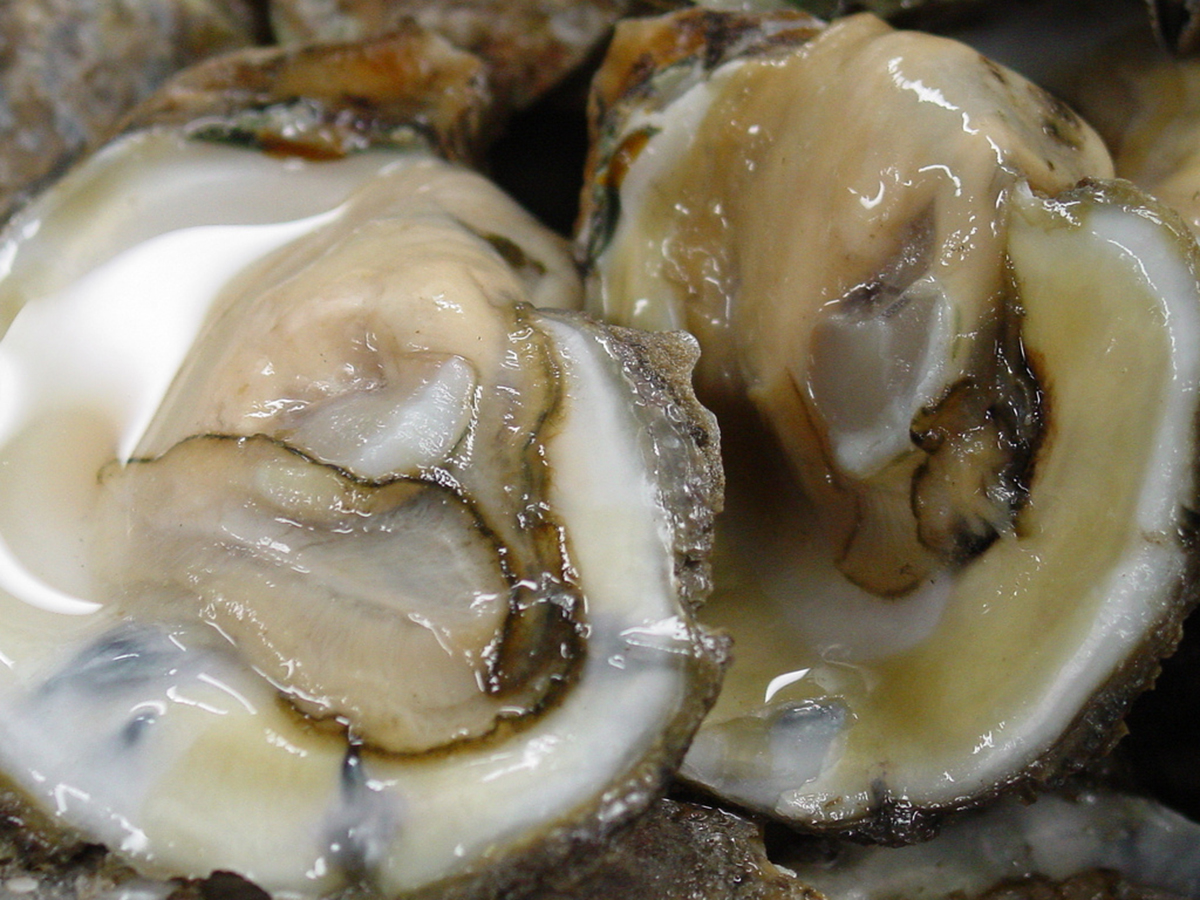Since 2012, the annual meeting of the American Psychiatric Association has included a session called "Food and the Brain." In 2015, one of the presenters even shucked a bucket of oysters at nine o'clock in the morning to make a point about the brain-healthy qualities of shellfish. The psychiatrist presenting the talk posed questions about food to the doctors assembled rather than droning on with a long lecture. Answer a question correctly, and you were rewarded with a fresh, raw oyster.

A paper published in early 2015 in the prestigious medical journal Lancet Psychiatry notes that "although the determinants of mental health are complex, the emerging and compelling evidence for nutrition as a crucial factor in the high prevalence and incidence of mental disorders suggests that diet is as important to psychiatry as it is to cardiology, endocrinology, and gastroenterology." In addition to the aforementioned oysters, more and more researchers are recognizing the usefulness of beans and greens.
Beans For Brains
Greens Are Also Great For The Brain
More Facts About Brain Foods

- The single healthiest food for the brain is oysters. Not only are these simple shellfish a good source of the omega-3 essential fatty acids the brain needs, six oysters provide 240 percent of an adult's recommended daily intake of vitamin B12 and 500 percent of the recommended daily intake of zinc. Clams are almost as nutritious for the brain.
- The healthiest meat for the brain is a food you won't often see on the TV program Top Chef or the pages of the magazine Bon Appétit, spleen.
- It's best to eat other kinds of meat as a condiment, rather than as a main course. Production methods in North America, the United States in particular, produce an unhealthy product. If you eat meat, try to buy free-range, organic meat.
- Plant foods can provide some of raw materials the human body needs to manufacture the docosahexaenoic acid (DHA) that is so important to the membranes that line neurons, but fish and shellfish are a better source. Women's bodies use plant fats better than men's.
- Almonds are a great source of vitamin E, which neutralizes free radicals in the brain and elsewhere in the body. The good news about almonds is that a laboratory error 50 years ago resulted in an overestimate of the calorie content. The actual number of calories in a serving of almonds is 25 percent less than what you read on the label.
- Most people aren't sensitive to gluten, but about 10 percent of people are sensitive to gluten in the brain, not in the digestive tract. There are proteins in gluten that latch onto specialized receptors in the brain that are also activated by morphine, opium, and similar drugs. Some people even develop schizophrenia that can be relieved simply by eliminating wheat.
- A mixture of raw and cooked foods is always better than just raw or just cooked foods. Cooking not only doesn't eliminate all vitamins, sometimes it concentrates them, as long as food is steamed rather than boiled.
- Coffee and green tea are brain-healthy. Soda, whether or not it is sweetened with sugar or aspartame, is not. Simply giving up carbonated soft drinks like Coke and Pepsi can make a huge difference in how easy or hard it is to control your appetite.
- Cholesterol in food does not make a big difference in brain health. Only about 15 percent of the body's cholesterol comes from food.
- Certain spices are very useful in maintaining healthy brains, especially turmeric.
- Fasting, if you are otherwise healthy, helps give your brain a break so its cells can repair themselves, but it's only necessary to skip and meal and then return to your normal eating schedule. As little as 18 hours of fasting make a difference for your brain, especially if you have one of the genes that is commonly associated with Alzheimer's. Ask your doctor before you fast if you have diabetes.
- Gorlova OY. Nutrition and health – the association between eating behavior and various health parameters: a matched sample study. PLoS One. 2014
- 9:e88278.
- Sarris J, Logan AC, Akbaraly TN, et al. Nutritional medicine as mainstream psychiatry. Lancet Psychiatry. 2015. 2:271-274.
- Photo courtesy of JeepersMedia via Flickr: www.flickr.com/photos/jeepersmedia/14947740937
- Photo courtesy of larryjh1234 via Flickr: www.flickr.com/photos/dinesarasota/4052176191


Your thoughts on this